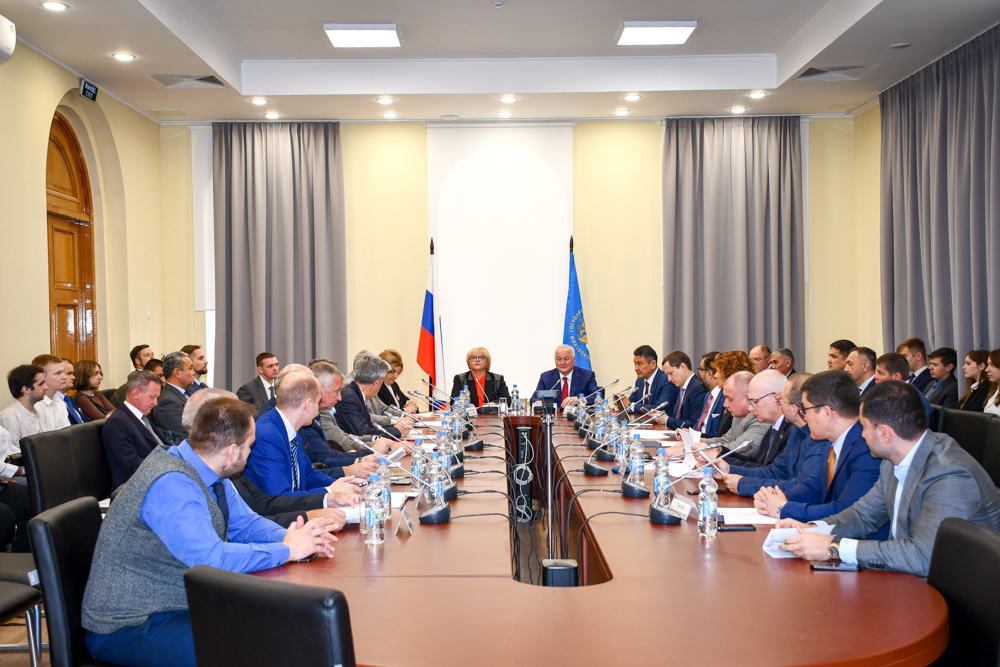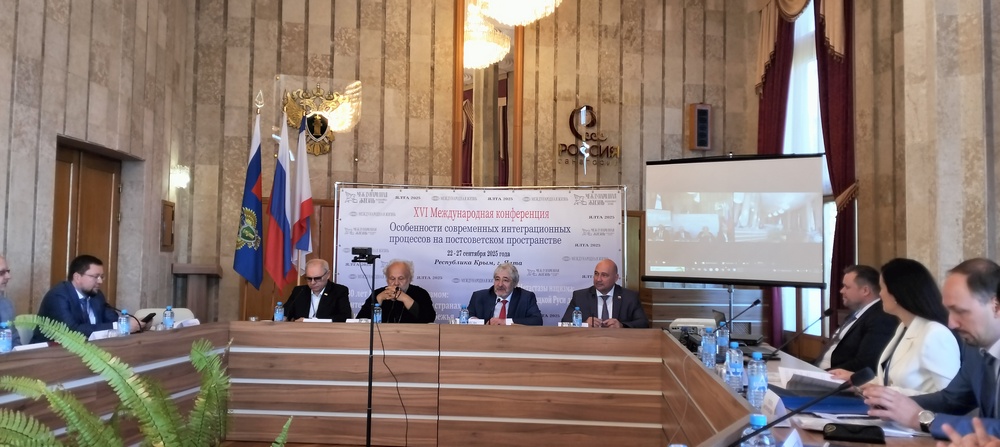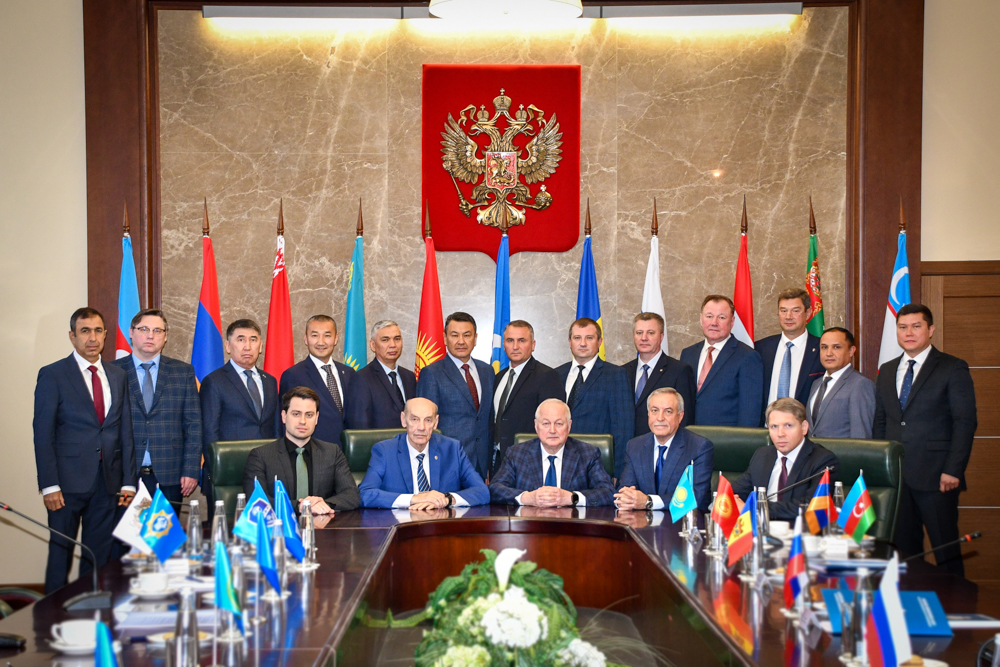June 1, 2016
Dear colleagues!
Protection of information-communication space is considered by each and every CIS member-state as an integral component of the national security and informational sovereignty. Today this task is among the key directions of join efforts of the security agencies, special services and law enforcement of our countries.
Speculations on probable scenario of a cyber war have passed from hypothetical to technological and political realia. Nowadays cyber wars pose an imminent and real threat both to national and collective security.
Cyber attacks registered during the recent years feature a wide geography. However, there is no doubt about the objects of the offence. They include industrial facilities, key infrastructure, power supply systems, armed and security forces control centers. Technological process automated control systems are among the very objects of the offence.
According to the experts, at least 35 % of cyber attacks are accompanied by malfunctions in industrial communication networks. Their focus and high performance make clear that the issue of information security of the key infrastructure is extremely important.
Strictly speaking, the problem has already drifted towards military security. Technological capabilities of cyber subversive actions, their anonymity, source crypticity as well as their performance drastically change perception of the content of what we call a cyber-terrorism. Consequentially, configuration and contents of anti-cyber sabotage activities take a new look.
The situation is significantly complicated by the fact that in the today's world a terrorist cyber activity is executed by non-conventional subjects that embarrasses employment of traditional international legal tools such as international investigations, formation of an evidentiary basis, and identification of perpetrators of the crime.
Experts have reasons to believe that a simple physical isolation is already not enough and it is a high time to take more serious measures.
I don't think that in this audience there is a need to specially focus on a transborder nature of malicious communication interventions. This is quite obvious. But what is also clear is that the time of passive domestic cyber defense has come to an end. Today there is a need in not just a defense in depth, but an offensive strategy to be implemented at the strategic and operational level. National and inter-state concepts of information security which are created and implemented in the CIS are the basic elements of such strategy. The applicable, operational level where algorithms of formation and dealing with cyber threats, specificity of interaction of both information-communication systems of different states and specialized agencies in charge of security in general are developed is no less important.
The above mentioned gives us a key to understanding why the CIS Anti-Terrorism Center and the State Security Committee of the Republic of Belarus in partnership with the security agencies and special services of the CIS states have opted for the problem of protection of the information-communication space against terrorist cyber attacks as a topic of the today's get-together, and what was the logic of building and agreeing upon the scenario line and script of the Cyber-Anti-Terror 2016 joint exercise.
I would like to note that the first stage of the exercise held from 23 to 25 May has already demonstrated the demand in and efficiency of the joint work of the special services of the Commonwealth states in repelling cyber attacks on the key facilities. The coordinated operations have resulted in identification of the manoeuvre cyber terrorists and their simultaneous detention in the territory of five CIS states (Armenia, Belarus, Kazakhstan, Kyrgyzstan and Russia). It is my understanding that the significance of synchronous work of the special services is unchallengeable.
Dear colleagues!
Our aim is to neutralize the threats to national and collective information security. For this we reasonably need a conceptually common strategy and a set of agreed operational best practices. Their development and testing are the main task we solve in the course of the Cyber-Anti-Terror 2016 joint anti-terrorism exercise of the CIS member-states.
I am sure that the exercise results will find their practical application in operations of anti-terrorism units of the CIS competent authorities.
Thank you for attention.




